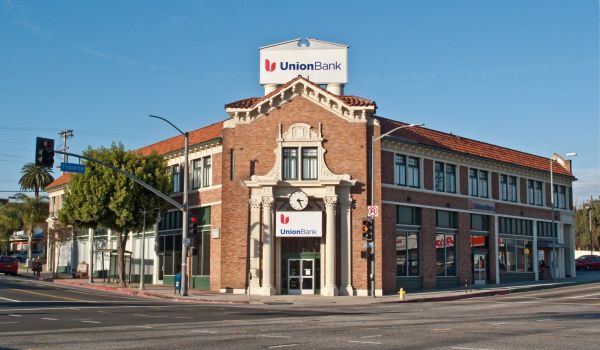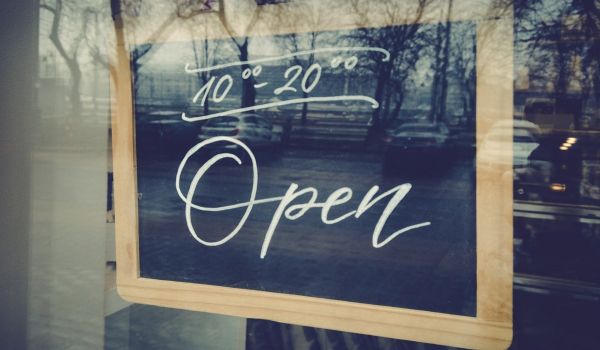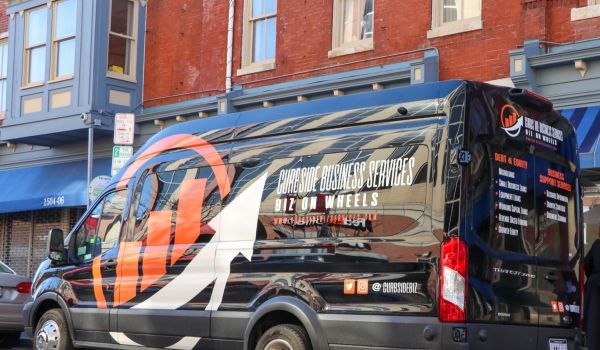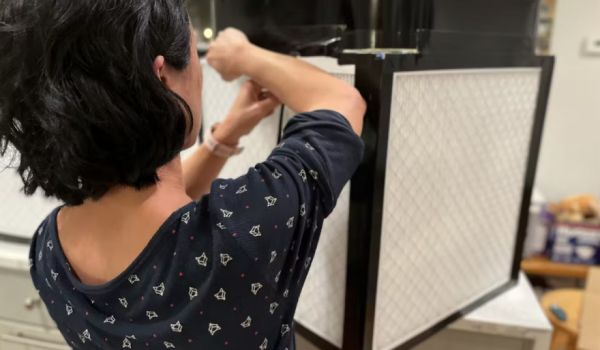Small Banks “Punched Above Their Weight” for Paycheck Protection Program
Banks with less than $1 billion in assets hold just 6 percent of all the money in banks in the U.S., but they and other small lenders approved 20 percent of the Paycheck Protection Program loan dollars that went out in the first round, the WSJ reports.
While large banks like Bank of America and JPMorgan Chase & Co restricted PPP applications to customers that had existing relationships with those banks, “many community banks took all comers,” the newspaper said. It’s not because PPP loans are going to be profitable for banks to lend out. In Erie, PA, Marquette Savings Bank CEO Mike Edwards put it this way: “We’re a community bank. We need the community to be there when this is over.” Marquette claims a 100 percent success rate, with all 393 loan applications approved, the paper said.
However, those community banks are exactly the ones that are disappearing from the U.S. landscape. One in four small banks have disappeared since 2008, according to the Institute for Local Self-Reliance. Look for a deeper dive into this topic in The Bottom Line on Tuesday.
Coronavirus Revives Postal Banking Proposals
The COVID-19 pandemic has shown just how precarious a number of systems are that many Americans take for granted. One of those is the banking system, which leaves out millions of Americans — one in four are un- or underbanked, research shows. And that statistic is partially why millions of households are still waiting to receive their stimulus checks from the government, six weeks after Congress authorized them.
“It’s a real shame that even when Congress kind of basically agrees about the money that we need to deploy, our systems are so broken that we can’t even get it to the people for whom it’s intended in an expedient way,” Amanda Fischer, policy director at the Washington Center for Equitable Growth and a former Democratic congressional staffer, told American Banker.
Now, postal banking is back in the news, with Sen. Kirsten Gillibrand (D-NY) calling for legislation to establish a bank in every post office. The proposal would not only bring banking services to millions of Americans, she said, but also generate $9 billion in revenue for the Postal Service every year. Community banks have long opposed such proposals, calling instead for Congress to strengthen community banks and make it easier to establish new banks.
Wells Fargo Gets Highest Possible Community Reinvestment Act Rating
Three years after Wells Fargo got a “needs to improve” rating for discriminatory credit practices and its fake-accounts scandal, the Office of the Comptroller of the Currency has given Wells Fargo an “outstanding” rating under the Community Reinvestment Act, American Banker reports.
“We considered the nature, extent and strength of the evidence of the practices; the extent to which the institution had policies and procedures in place to prevent the practices; and the extent to which the institution has taken or has committed to take corrective action, including voluntary corrective action resulting from self-assessment; and other relevant information,” the OCC’s report stated.
The report went on to call Wells Fargo a “leader” in making loans to low- and moderate-income communities.
This article is part of The Bottom Line, a series exploring scalable solutions for problems related to affordability, inclusive economic growth and access to capital. Click here to subscribe to our Bottom Line newsletter.


















